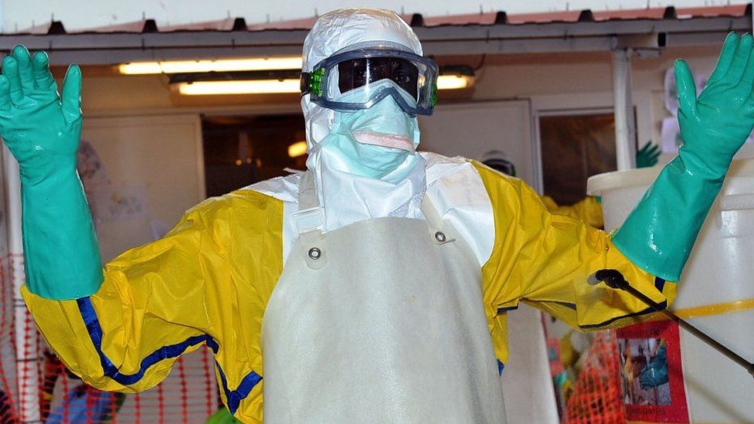Ivory Coast's first recorded case of Ebola in more than 25 years is of "immense concern", the World Health Organization (WHO) says.
The West African nation’s health ministry said the case was detected in the commercial capital, Abidjan.
The 18-year-old woman, who is being treated in hospital for the virus, had recently arrived from Guinea, which experienced a four-month-long outbreak of Ebola earlier this year.
The WHO says further investigation is needed to identify the strain and determine if there is a connection between the two outbreaks
“It is of immense concern that this outbreak has been declared in Abidjan, a metropolis of more than four million people,” said Matshidiso Moeti, the WHO’s regional director for Africa.
Ivory Coast was one of six countries the WHO had supported recently to beef up Ebola readiness, he said. “This quick diagnosis shows preparedness is paying off,” said Dr Moeti.
Between 2013 and 2016 more than 11,000 people died in the Ebola epidemic that affected Guinea, Liberia and Sierra Leone.
In response, vaccines were developed and were later used to fight outbreaks in the Democratic Republic of Congo and Guinea.
About 5,000 Ebola vaccines doses sent to fight the outbreak in Guinea are now being transferred to Ivory Coast.
What is Ebola?
- It is a virus that initially causes sudden fever, intense weakness, muscle pain and a sore throat - progressing to vomiting, diarrhoea and both internal and external bleeding
- Ebola jumps to humans from infected animals, such as chimpanzees, fruit bats and forest antelopes. Bushmeat - non-domesticated forest animals hunted for human consumption - is thought to be the natural reservoir of the Ebola virus
- It then spreads between humans by direct contact with infected blood, bodily fluids or organs, or indirectly through contact with contaminated environments
- Patients tend to die from dehydration and multiple organ failure.
Latest Stories
-
Survivors of child trafficking overcome adversity, excel in tertiary education
27 mins -
Confront the barriers to your progress – Professor Lydia Aziato challenges the youth
38 mins -
Expertise France leads EU-funded initiative empowering African Journalists to combat human trafficking
48 mins -
Ghana Grows Programme empowers Ghanaian youth through Youth Policy Dialogue
55 mins -
Eastern NDC raises GHS5.4m to support Mahama’s 2024 campaign
1 hour -
Kumawood actress Akyere Bruwaa condemns death rumours
1 hour -
Ghana Institution of Engineering calls for proactive measures to prevent flood disaster
1 hour -
Who pays for the extra cost? – COCOBOD CEO questions EU on new regulations
1 hour -
‘Dumsor’ will be over by end of May – Former NPP MP assures
2 hours -
Power crisis is not about money – NPP Manifesto Committe chair
2 hours -
Education Minister urges graduates to embrace opportunities
2 hours -
UN rights chief ‘horrified’ by mass grave reports at Gaza hospitals
2 hours -
We need more resources to deal with flooding – NADMO
2 hours -
We’ll not contest in Ejisu by-election – CPP tells EC
3 hours -
Thomas Partey makes first start in 2024 as Arsenal hit Chelsea for 5
4 hours

